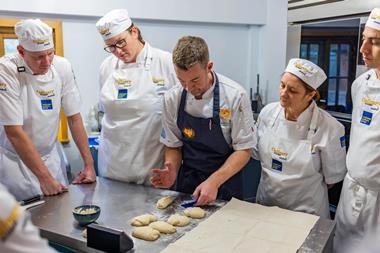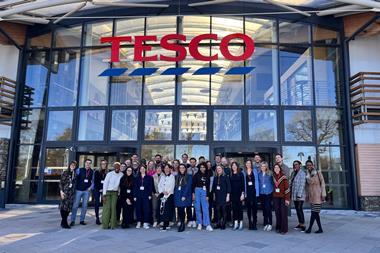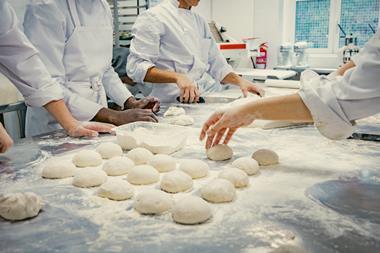The Federation of Bakers (FOB) has defended British bread following the publication of a French report suggesting a link between wrapped loaves and a higher risk of cancer.
A French study published by the British Medical Journal has said increased consumption of “ultra processed” foods – including wrapped breads and buns – is associated with a “significant increase” in the risks of overall and breast cancer.
FOB director Gordon Polson told British Baker he would not describe UK bread as being ultra-processed.
“Wrapped bread in France is not the same in the UK,” said Polson “You’re not comparing like-for-like products. Bread is baked and delivered fresh every day in the UK; just putting a wrapper on it doesn’t change the nutritional content of bread.
“The work that we’ve done shows the nutritional content of bread is the same however it is baked. It is difficult to say that this is a definitive study and is rather an observational study.”
The study was based on 104,980 participants from the French NutriNet-Santé cohort research.
Dietary intakes were collected using repeated 24-hour records, designed to register participants’ usual consumption for 3,300 different food items.
Food defined as “ultra-processed” by researchers included mass-produced packaged breads and buns, sweet or savoury packaged snacks, industrialised confectionery and desserts, sodas and sweetened drinks, meat balls, poultry and fish nuggets. It also included food products made mostly or entirely from sugar, oils and fats, and substances such as hydrogenated oils, modified starches, and protein isolates.
The report concluded that increased consumption of ultra-processed foods could drive an increased risk of cancer and other non-communicable diseases, adding that further studies were needed to better understand the relative effect of different types of processing.
Meanwhile, the Real Bread Campaign welcomed the study, which co-ordinator Chris Young claimed “chimes with its concerns regarding industrial loaf products”.
“The new study does not even call into question the health benefits of bread,” said Young.
“It adds yet more weight to our belief that dedicated research is needed into both the potential adverse effects of the cocktail of artificial additives and novel substances found in industrial loaves and other ultra-processed foods, and the potential health benefits of all-natural real bread, particularly genuine sourdough.”
































No comments yet